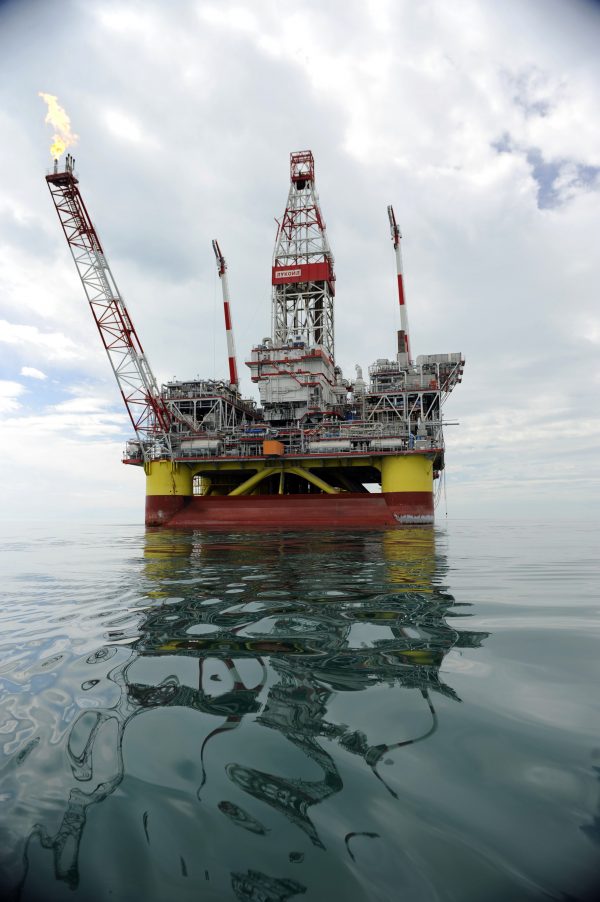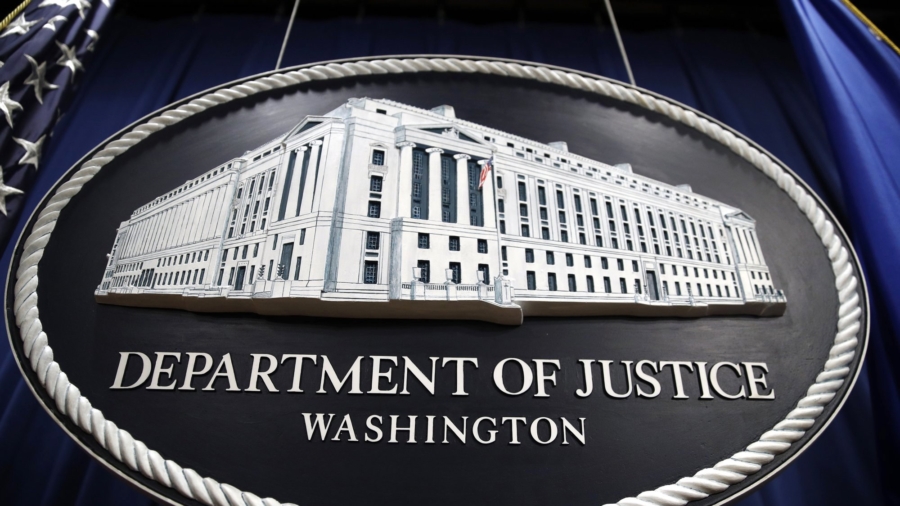Various companies, as well as Russian and Italian nationals and a U.S. citizen, were indicted by a federal grand jury in Savannah, Georgia, on Monday.
The charges include violating and conspiring to violate U.S. trade sanctions and compromising U.S. national security interests by allegedly helping Russian oil and gas industries.
The alleged conspiracy includes wire fraud and conspiracy to commit money laundering in an attempt to provide an unnamed Russian government-controlled business a U.S.-manufactured Vectra 40G power turbine.
“The defendants tried to defraud the United States by evading sanctions put in place to keep U.S. goods out of the hands of some of the world’s most dangerous actors,” Bobby L. Christine, U.S. Attorney for the Southern District of Georgia said. “We will continue to prosecute to the fullest extent of the law those who threaten our national security.”
“Detecting, preventing, and prosecuting those who conspire to illegally export U.S. origin commodities to Sanctioned and Entity Listed companies, such as those involved in this case in Russia, remains a top priority for the Bureau of Industry and Security,” stated Douglas R. Hassebrock, Acting Assistant Secretary for Export Enforcement. “We are committed to bringing lawbreakers, who have willfully chosen to threaten our nation’s security, to justice. And, as always, we are very grateful to work jointly with our enforcement partners.”
The indictment says that the Russian controlled business contracted KS Engineering (KSE) and one of their employees to buy the Vectra 40G for approximately $17.3 million, a turbine designed to be integrated with gas generators to enable direct drive of high power gas compressors.
According to the indictment, there is evidence that indicates the Russian company wanted to use the Vectra on a Russian Arctic deepwater drilling platform. The unauthorized transfer of this equipment was prohibited expressly by the U.S. Department of Commerce for reasons of national security.

Cynthia A. Bruce, Special Agent in Charge of the Defense Criminal Investigative Service, said “The defendants in this case went to great lengths to circumvent export control laws enacted to protect our nation’s security.”
The indictment alleges that the Russian nationals and KSE hired two Italian nationals and GVA International Oil and Gas Services to obtain the Vectra for them, and that the Italians had U.S. citizen Dali Bagrou and Bagrou’s U.S. based company World Mining and Oil Supply (WMO) buy the Vectra and ship it overseas. Both groups allegedly conspired to deceive the U.S. government by submitting false documentation claiming that the turbine would be used by a U.S. company in and around Atlanta.
“This brazen scheme to undermine United States sanctions was a direct threat to national security,” Special Agent in Charge of FBI Atlanta Chris Hacker said. “But because of the tireless efforts of federal law enforcement partners, the deception ends and the first steps in bringing these defendants to justice begins.”
“U.S. Customs and Border Protection’s collaboration with our fellow federal law enforcement agencies is critical to the successful enforcement of U.S. import and export laws,” said Donald F. Yando, Director, Field Operations, Atlanta Field Office, U.S. Customs and Border Protection. “These partnerships provide for the successful identification and destruction of these types of criminal enterprises.”
The two Russian nationals and the two Italian nationals could face a maximum sentence of 20 years in prison and a $1 million fine if convicted on the charge of violating U.S. trade sanctions as well as a maximum of five years in prison and $250,000 fine for conspiracy to violate the trade laws. The U.S. citizen, as well as the other defendants, face another sentence of a maximum 20 years in prison and a $500,000 fine if convicted on the charges of conspiracy to commit wire fraud and conspiracy to commit money laundering.


